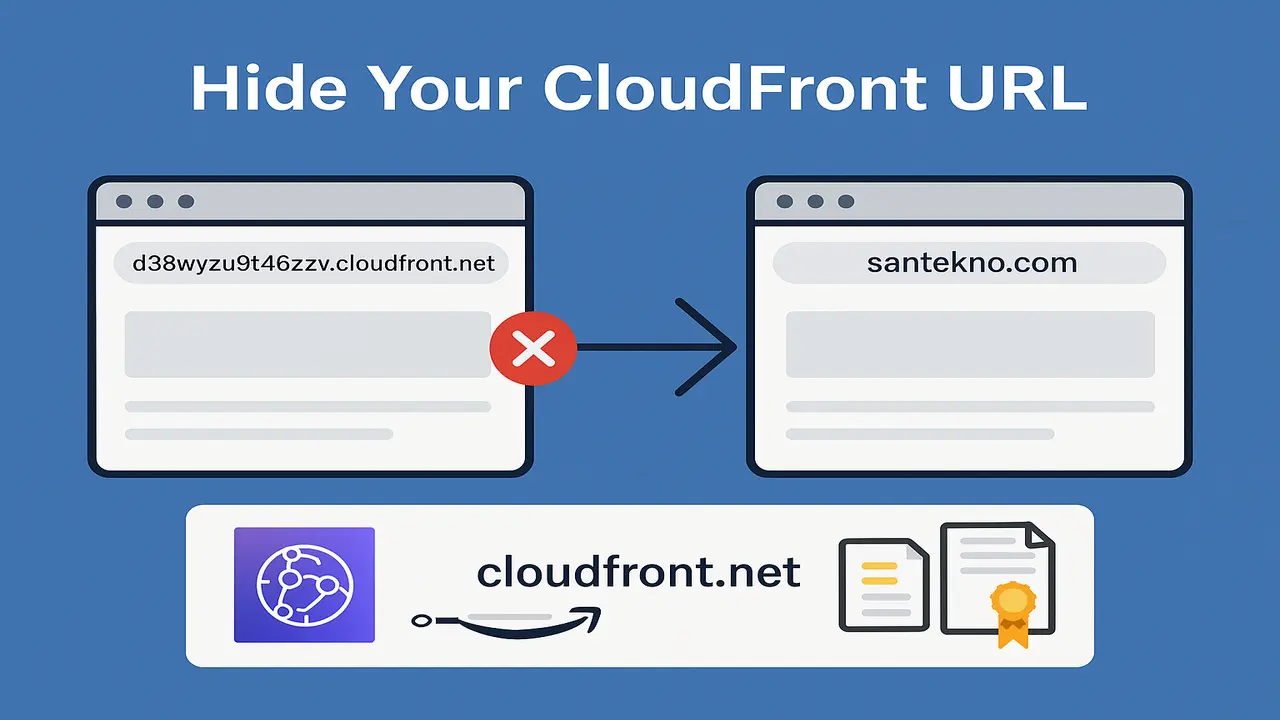As programmers who are learning Go Lang, we also need to know Go’s default library packages so that we understand better and have an easier time interacting with the core packages. There are lots of built-in libraries from Golang that can make it easier for us when coding. For example, if we need string conversion, the Go library is provided by default.
For further details, we will discuss one by one the libraries that we think need to be studied to support us when coding.
Strings
Go includes several functions that work with string processing, including the following examples:
package main
import (
"fmt"
"strings"
)
func main() {
fmt.Println(
// true
strings.Contains("test", "es"),
// 2
strings.Count("test", "t"),
// true
strings.HasPrefix("test", "te"),
// true
strings.HasSuffix("test", "st"),
// 1
strings.Index("test", "e"),
// "a-b-c"
strings.Join([]string{"a", "b","c"}, "-"),
// == "aaaaa"
strings.Repeat("a", 5),
// "bbaa"
strings.Replace("aaaa", "a", "b", 2),
// []string{"a","b","c","d","e"}
strings.Split("a-b-c-d-e", "-"),
// "test"
strings.ToLower("TEST"),
// "TEST"
strings.ToUpper("test"),
)
}
We can see several functions contained in the string library that we can use for several operations.
- The
Containsfunction is very useful if we are looking for data that in one variable contains the data we want to select. - The
Countfunction is used to count the selected characters in a sentence or word. - We can also use the
HasPrefixfunction to detect if a word contains the first letterteso it will be easier to use this function. - The
HasSuffixfunction is used to detect whether it has a suffix that matches the letter we entered. - The
Indexfunction is useful for finding out what index the character we are looking for is at the index in the sentence or word. - The
Joinfunction is used to combine an array of letter characters into one sentence/word with a delimiter added. - The
Repeatfunction is used to repeat as many inputs as we want. - The
Replacefunction is used to overwrite a character/word from a word that we have specified. - The
Splitfunction is used to retrieve string data from characters with a certain delimiter. - The
ToLowerfunction is used to make words / characters all lowercase. - The
ToUpperfunction is used for words / characters to be capitalized.
It’s very easy, isn’t it? Golang has provided supporting functions to make it easier for us to operate it.
Sometimes we need to use strings as binary data. To convert a string to a chunk of bytes (and vice versa) it can be done like this
arr := []byte("test")
str := string([]byte{'t','e','s','t'})
And there are many more supporting functions for manipulating strings that are provided by Golang. You can also see the String Library [here] (https://blog.golang.org/strings).
Get to know the Input Output Library in Golang
Hot Articles
12 Creating Static File Handler
01 Jan 2025

